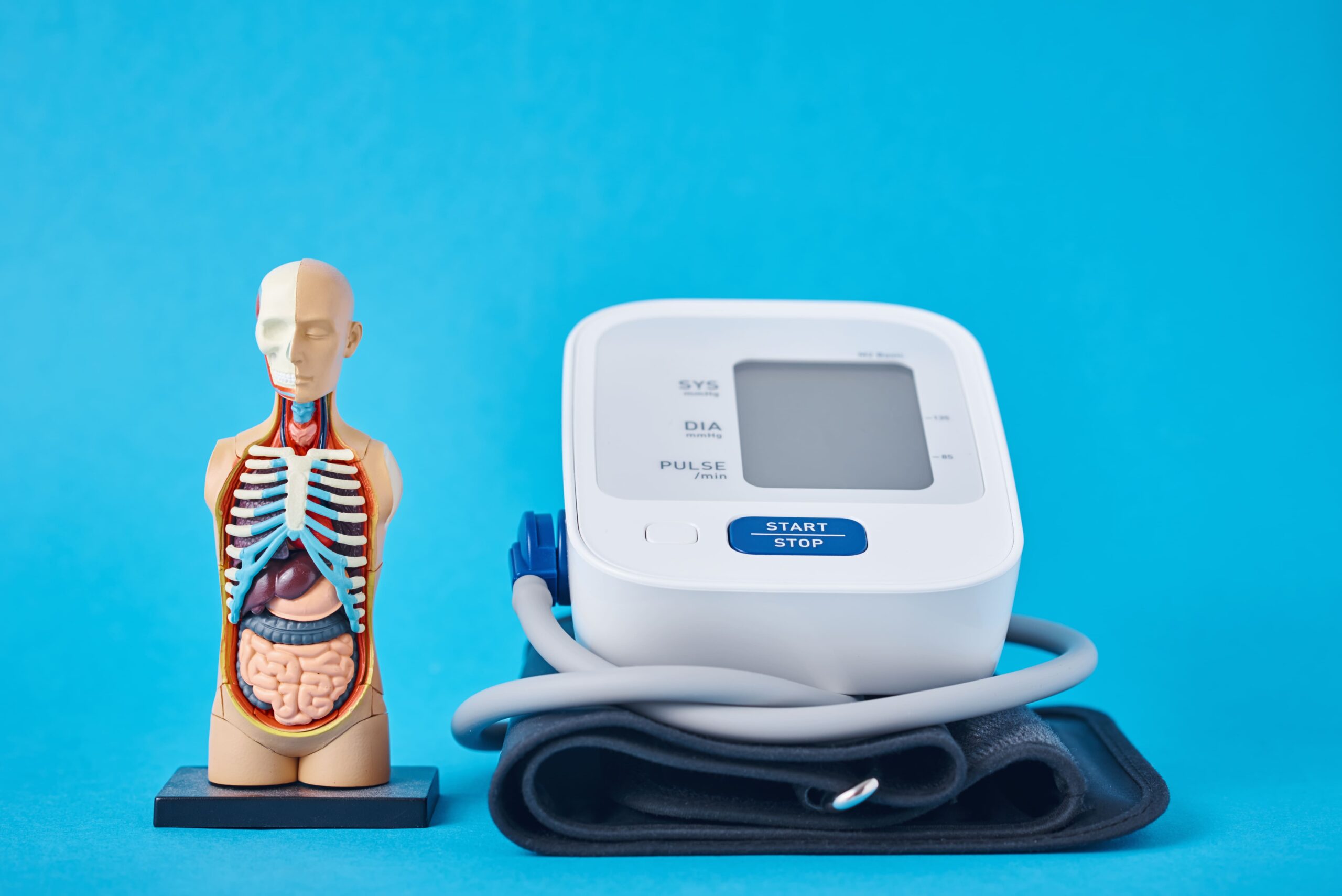When you undergo a routine health screening or see an internal medicine specialist, you may receive results showing your blood pressure, cholesterol levels, and blood sugar. These numbers give important clues about your risk for conditions such as high blood pressure, diabetes, and related health concerns. However, the meaning behind each figure is not always easy to understand.
Understanding Blood Pressure Readings
Blood pressure is measured using two numbers, such as 120 over 80. These figures indicate the force of your blood against vessel walls during different heart phases:
Systolic pressure (top number): This measures the pressure when the heart contracts and pumps blood. A reading below 120 is considered healthy. A value of 140 or higher may suggest high blood pressure.
Diastolic pressure (bottom number): This shows the pressure when the heart relaxes between beats. Normal readings are below 80. A reading of 90 or above may indicate raised blood pressure.
Pulse pressure: This is the difference between the top and bottom numbers. A wide gap, especially over 60, can be a sign that the blood vessels are becoming less flexible, particularly with age.
Why multiple readings matter: Blood pressure changes throughout the day due to stress, movement, or even talking. That’s why blood pressure is usually checked more than once, over time, to confirm whether it is consistently high.
Understanding Your Cholesterol Levels
A cholesterol test measures the amount of fat in your blood. These results help assess your risk of developing conditions such as narrowed or blocked blood vessels, which can increase the chance of heart problems or stroke.
Total cholesterol: This is the overall amount of cholesterol in your blood. A result below 5.2 mmol/L is generally considered desirable. Higher levels may indicate a greater chance of fat deposits building up inside the blood vessels over time.
LDL cholesterol: Often called “bad” cholesterol, this type can slowly build up in your blood vessels and increase the risk of blockages. A level below 3.4 mmol/L is generally recommended. For individuals with high blood pressure, diabetes, or a history of heart disease, stricter targets such as below 2.6 mmol/L may be advised.
HDL cholesterol: Known as “good” cholesterol, this helps remove extra cholesterol from the blood. Higher levels offer protection. Men should aim for a reading above 1.0 mmol/L, and women should aim for above 1.2 mmol/L.
Triglycerides: This is another type of fat found in the blood. A high level may increase the risk of future health issues such as diabetes or heart disease. Eating habits, weight, and alcohol intake can all influence this number. A healthy target is below 1.7 mmol/L.
Blood Sugar Readings
Blood sugar testing helps determine how well your body is managing glucose, the main type of sugar in your blood. Different tests are used to detect early signs of diabetes or monitor existing conditions.
Fasting glucose: Measured after not eating for at least 8 hours, typically in the morning. Normal levels range from 4.0 to 5.4 mmol/L, whilst readings consistently above 7.0 mmol/L may suggest diabetes.
Random glucose: Taken at any time regardless of when you last ate. A level of 11.1 mmol/L or higher, especially if you have symptoms such as increased thirst or frequent urination, may suggest diabetes and requires further testing.
HbA1c (glycated haemoglobin): This test reflects your average blood sugar levels over the past two to three months by measuring the amount of sugar attached to red blood cells. Results below 42 mmol/mol (6%) are normal, whilst levels of 48 mmol/mol (6.5%) or higher typically indicate diabetes.
Oral glucose tolerance test: This involves drinking a sugary liquid and measuring your blood sugar at intervals over two hours. It is often used when fasting or HbA1c results are borderline, or to check for diabetes during pregnancy. If your blood sugar remains high after two hours, it may suggest reduced ability to manage sugar levels.
What These Numbers Say About Your Health
These measurements work together to provide a picture of your overall health. Monitoring these values helps identify risks early, often before symptoms appear.
Assessing your risk of heart conditions: Specialists may look at your blood pressure, cholesterol levels, age, and lifestyle factors such as smoking to estimate your risk of developing heart disease or having a stroke over the next 10 years.
Understanding your risk of diabetes: Blood sugar readings help detect early warning signs of diabetes. If you are in the pre-diabetes range, regular monitoring can help prevent progression to type 2 diabetes through early changes in diet, exercise, or treatment.
Tracking response to treatment: Repeat testing helps show whether your current treatment plan such as changes in eating habits, physical activity, or medications, is helping to bring your numbers closer to your target range.
When to See an Internal Medicine and Hypertension Specialist
A single abnormal reading may not always indicate a serious issue, but consistent patterns such as high blood pressure, high cholesterol, or elevated blood sugar should be reviewed by a specialist.
If your readings remain above the recommended range over time, or if you are experiencing symptoms such as chest discomfort, persistent fatigue, frequent urination, or unusual thirst, it is important to schedule a consultation.
An internal medicine and hypertension specialist can assess your results in the context of your full medical history, lifestyle, and risk factors. They can help you understand what your numbers mean, determine whether further testing is needed, and recommend a personalised management plan.
Conclusion
Understanding your blood pressure, cholesterol, and blood sugar numbers allows you to take a proactive role in your health. If you are unsure whether your results fall within a healthy range, schedule a consultation with our internal medicine specialist for further evaluation and personalised advice.


